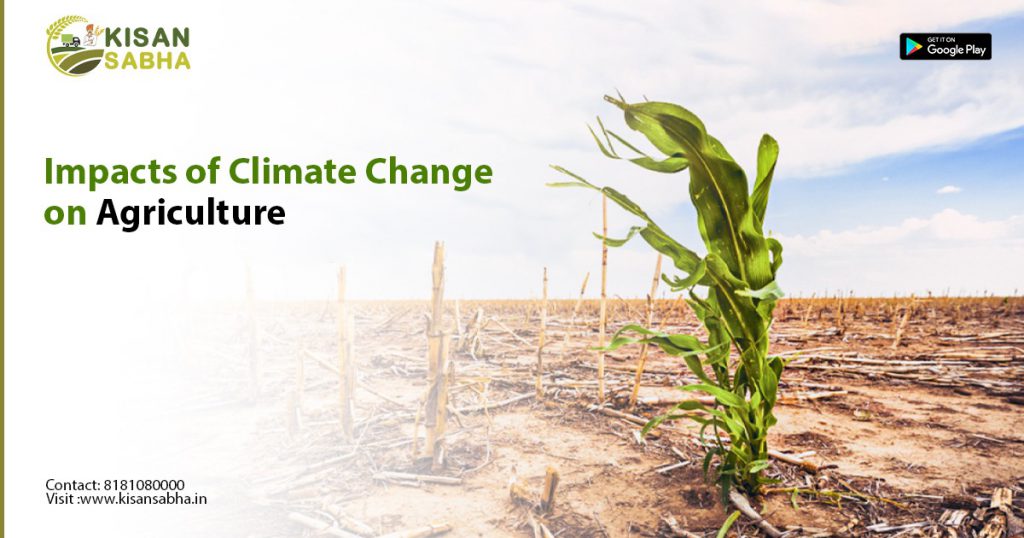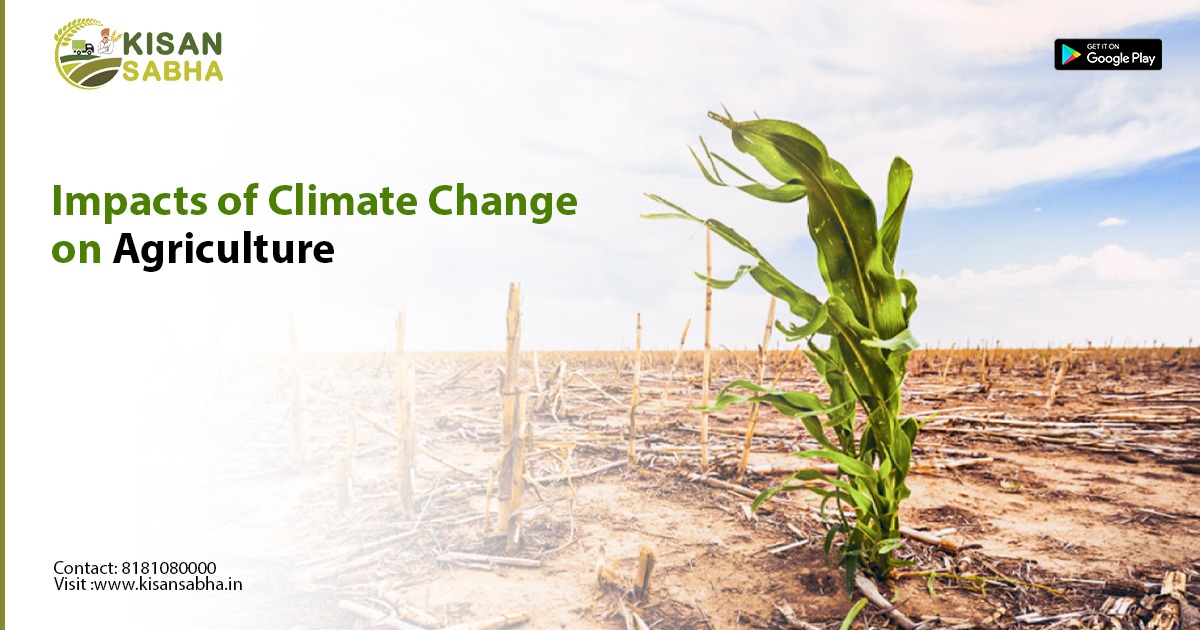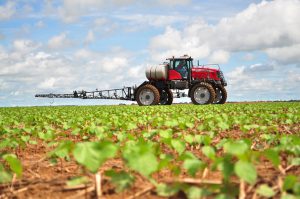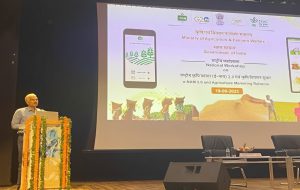Agriculture and climate change are both impacted by global processes. Numerous factors, such as changes in pests and diseases, changes in atmospheric carbon dioxide and ground-level ozone concentrations, changes in the nutritional value of some foods, and changes in sea level all impact farming. Climate change also affects farming through changes in average temperatures, rainfall, and climate extremes (such as heat waves). Agriculture is already getting impacted by climate change, albeit in different ways throughout the world. Future climate change will probably have a detrimental impact on food output in low-latitude nations, whereas it might have either beneficial or harmful consequences in northern regions. Climate change will likely raise the risk of food insecurity for certain vulnerable populations, including the poor.
Farm productivity will suffer due to climate change in many developing nations and areas.
Food security across the board is now threatened by climate change’s quickening speed as well as the rising population and economic levels in the world. Climate change will have a significant impact on agriculture. Over time, higher temperatures cause desirable crop yields to decline while promoting the growth of weeds and pests.
The effectiveness of pest management decreases, requiring increasing concentrations of insecticides to maintain the same levels of control. If they occur at specific points in the life cycle of the plants, heat waves can reduce yields in crops by causing high heat stress (pollination, pod or fruit set). Furthermore, heat waves can induce wilted plants (as a result of increased rates of transpiration), which, if not prevented by watering, can reduce output.

Flooding from prolonged, heavy rainfall can harm crops and the structure of the soil. Since their roots need to breathe, most plants cannot endure extended waterlogging. It’s projected that the overall consequences of climate change on farming would be negative, putting the security of the world’s food supply in jeopardy.
Global warming’s impact on agriculture
By emitting greenhouse gases (GHGs) and converting non-farm land (like forests) into farmland, agriculture contributes to climate change. In 2010, the combined effects of agriculture, forestry, and land use change accounted for 20 to 25% of worldwide yearly emissions.
However, investments in the right agricultural innovations are important right away because some of the best strategies to combat climate change, such as more resilient crop varieties and livestock breeds, can take up to 20 years to develop. Food production in vulnerable areas can still be profitable. Even while it is important, our efforts to lessen the consequences of climate change will not have much of an impact over the next 50 years. Past greenhouse gas emissions have already started the changes that will take place during this time.
Limiting greenhouse gas emissions will only have a long-term impact on climate change (beyond 50 years). Thus, we must have the ability to adapt to the climate changes that will take place during the next 50 years.
Visit www.kisansabha.in now!!




